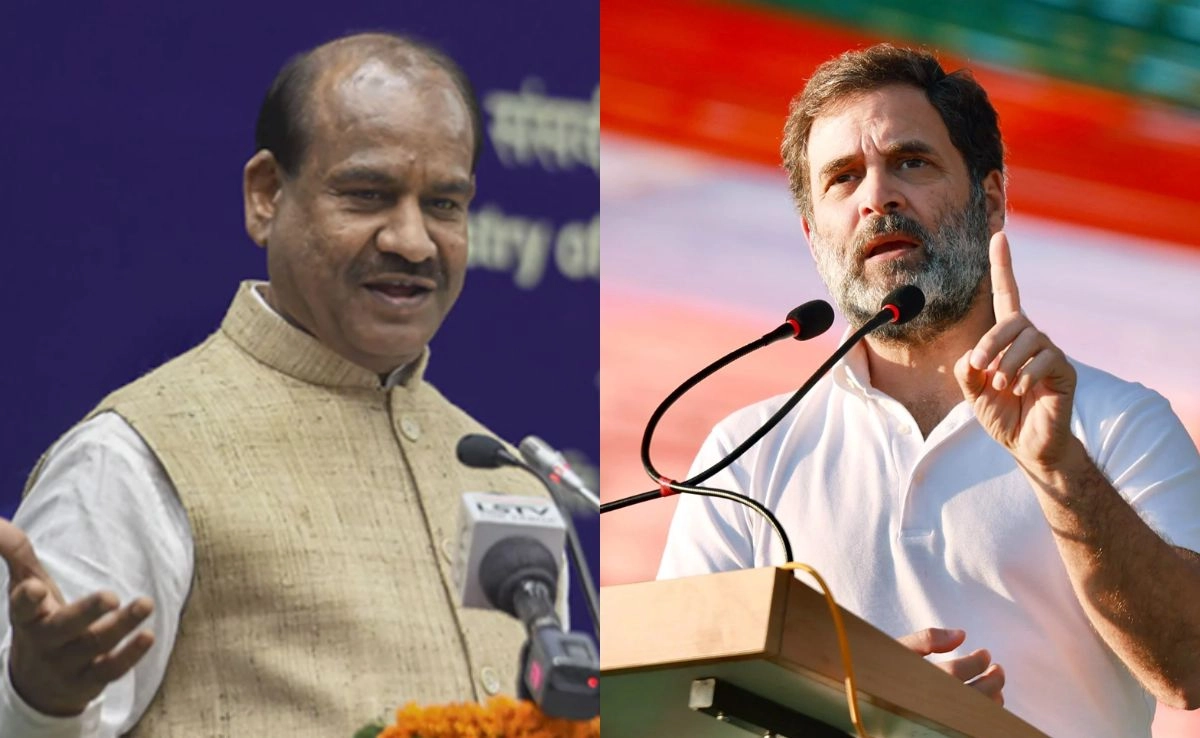In a dramatic turn of events, global markets have experienced a significant shock due to the imposition of mega tariffs, a situation that has sent ripples through various sectors and economies worldwide. The tariffs, which are part of a broader trade policy initiative, have raised concerns about the potential for escalating trade tensions between nations. Analysts note that the sudden increase in tariffs could lead to higher prices for consumers and businesses alike, as import costs rise and supply chains are disrupted. As a result, investors are closely monitoring the situation, with market volatility becoming a common theme in recent trading sessions. The uncertainty surrounding these tariffs is impacting everything from stock prices to commodity markets, creating a complex landscape for economic forecasting.
In the midst of this turmoil, former President Donald Trump has expressed confidence in the efficacy of his administration’s trade policies, suggesting that the “medicine” of tariffs is working as intended. Trump’s stance reflects a broader belief among his supporters that protective measures are necessary to bolster domestic industries and safeguard American jobs. However, critics argue that such tariffs could have adverse effects, leading to retaliatory measures from other countries and potentially igniting a trade war. This conflict between protectionist policies and global trade dynamics raises important questions about the future of international commerce and economic cooperation.
As the situation continues to evolve, stakeholders across the globe are grappling with the implications of these mega tariffs. Businesses that rely on imported goods are particularly vulnerable, facing increased costs that may necessitate adjustments in pricing strategies or sourcing practices. Additionally, countries that export to the United States are reassessing their trade relationships and exploring alternative markets to mitigate the impact of the tariffs. The long-term effects of these policy changes are still uncertain, but the current market shock serves as a stark reminder of the interconnectedness of the global economy and the delicate balance that must be maintained to foster sustainable growth.




